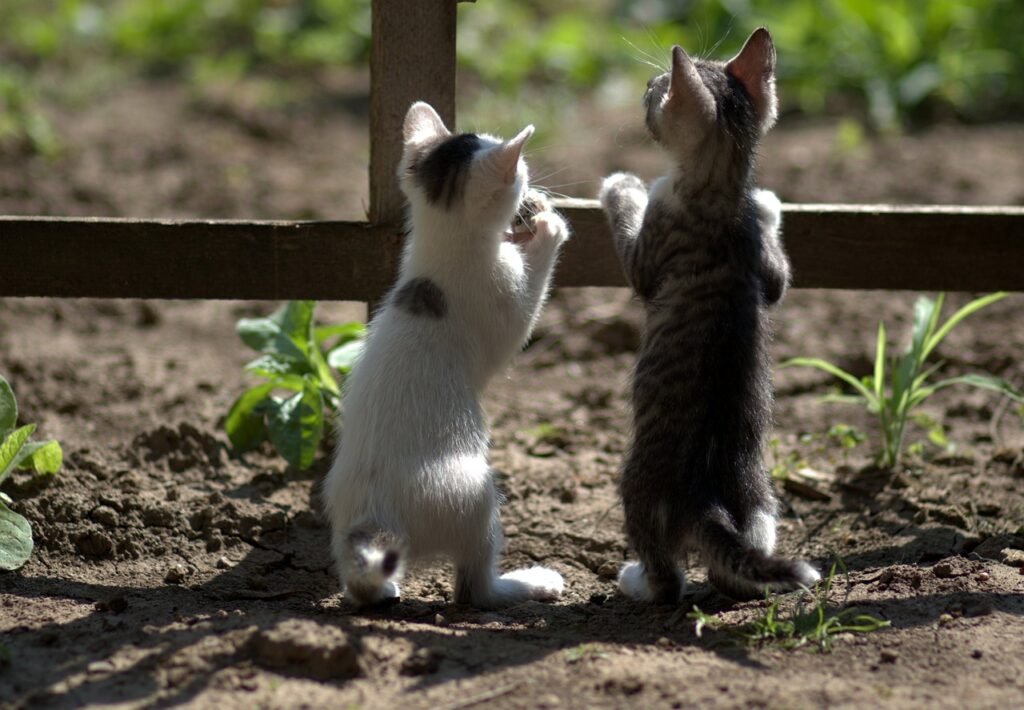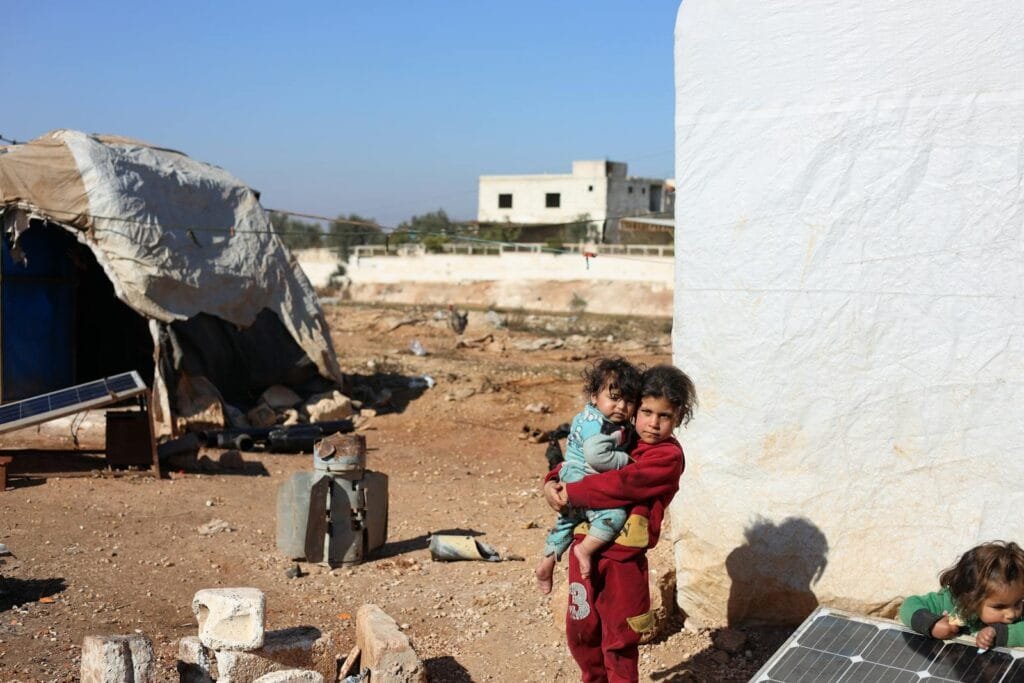need
Use the word “need” when it’s important or necessary to get something. This is an extremely common word in English.
- What do you need?
- Do you need something?
- She needs something.
- Those kids need food.
- I need to take a nap.
- Everyone needs love.
What do you need?
a. need = require
This verb is used for things that are necessary and for things that a person doesn’t have. These sentences are in the present tense.
- I need some water.
- He needs something to eat.
- You’ll need a coat this morning because it’s cold.
- You won’t need a coat this afternoon because it will be warm. (negative)
- Sophia needed to wake up early this morning.
- We don’t need to leave yet. (negative)
Notice that “need” is often followed by an infinitive:
- What do you need to do today?
- We need to find a new place to live.
- Maria needs to see a doctor.
- Farm animals need to be fed. (This sentences is in the passive voice.)
- This assignment needs to be ready for class tomorrow.
a. need = require
If something is necessary, a person needs it.

- A child needs a lot of love and attention.
- His parents know what he needs.

- Elderly people also need those things.
- Their children help provide the things that they need.
b. using "need" in various verb tenses
This verb often appears in the simple and perfect verb tenses; however, it is usually not used in continuous tenses:
- Mavis and Tom needed a new washing machine. (past tense)
- They had needed a new washing machine for the last few months, and finally they got one. (past perfect tense)
- You will need time to study for your next test. (future tense)
- Fred might need some gloves. (modal verb + need)
- The company shouldn’t need to hire more people. They have enough workers already. (modal verb + not + need)
The verb “need” is stative, so it doesn’t normally take an “ing” ending.
- I’
m needinga new pair of shoes. / I need a new pair of shoes. - We
‘re aren’tneeding any more. / We don’t need any more. - You won’t be needing that any longer. (Some continuous tense forms for “need” are common and okay in spoken English.)
b. using "need" in various verb tenses

- She needed some dental work, so she went to the dentist.
- She needed to have her teeth cleaned.
- She also needed a filing for a cavity, but she will do that on her next visit. (past tense)

- Polar bears will need our help if they are to survive a changing climate. (future tense)
c. use "need" as a noun
When the word “need” is a noun, it refers to a thing that is very important such as food, clothing, shelter, love, protection, safety, etc.
- They have some very basic needs that must be met.
- How are they going to meet their needs. (Notice that the verb “meet” is often used with “need” when it’s a noun.)
- Children have a need for love and protection.
- Refugees are often need of food, clothing, and shelter.
- International organizations help meet the needs of people who are in crisis.
- Wealthy countries have a responsibility to help meet the needs of countries that are experiencing drought or famine.
c. use "need" as a noun
When you see an article such as “a” or “the” in front of “need,” it’s a noun. As a noun, it’s often made plural: needs.

- Animals have basic needs that must be met.
- They have a need for food.
- The need for shelter is also basic.
d. expressions that use "need"
The examples below show various ways in which “need” is used in popular expressions.
- He has a need for speed. (He loves going fast.)
- If need be, I can stay late. (if need be = if necessary)
- There’s a crying need for better schools in this city. (a crying need = a big need)
- Those people are in dire need of food and water. (in dire need = a matter of survival)
- Do you need a hand a with that? (need a hand = need help)
- There’s no need. (You don’t have to do that.)
- You need not apply if you aren’t willing to work hard. (need not = don’t need)
d. expressions that use "need"

- Refugees are in dire need of help after a crisis.

- Race car drivers have a need for speed.
